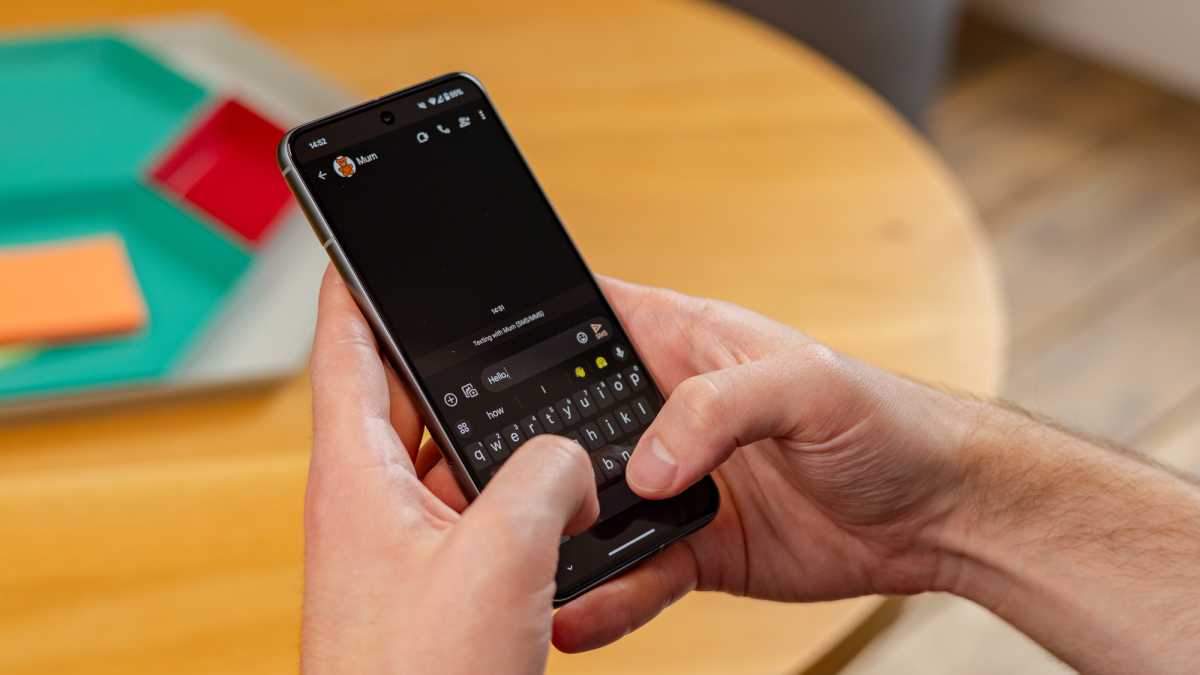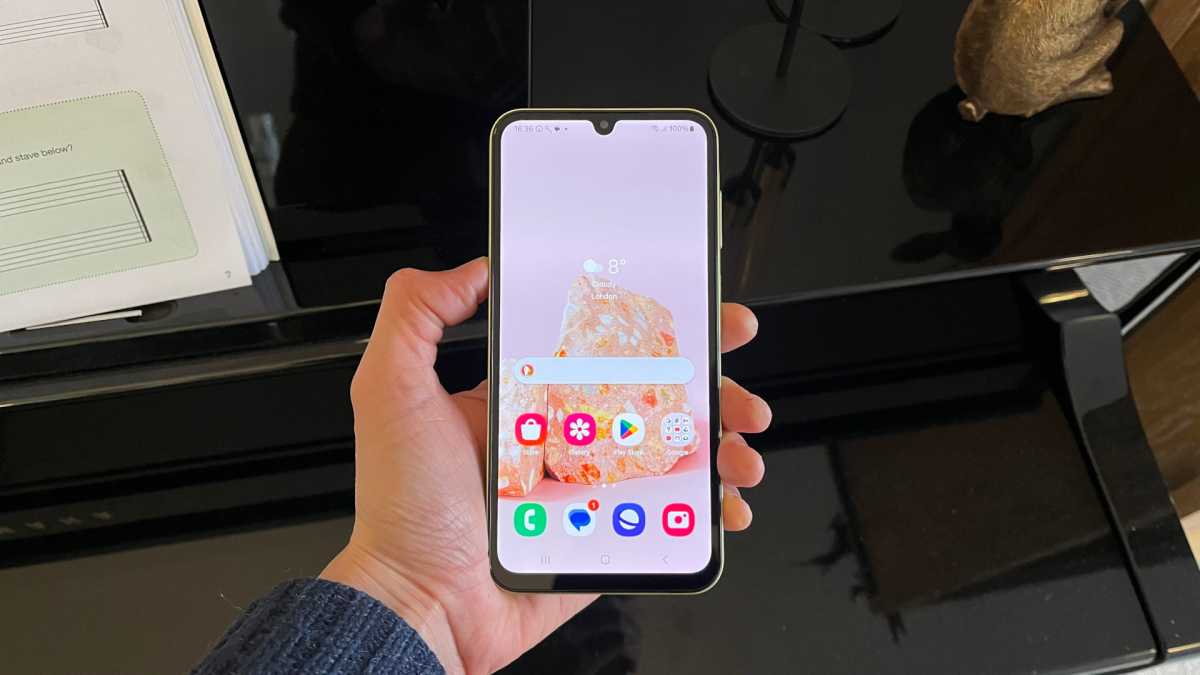There is no legal age to buy your child a phone, unlike driving a car. You will bear the cost, but a phone can be in the hands of a child at any age.
However, choosing the best phone for children and its cost are not really the main issue for parents. And getting good SIM plans for kids isn’t too much of a problem either.
The main problem is rather one of timing. At what age is a child ready to have their own phone, and should it be a basic phone? If so, when will they be ready to adopt a smartphone?
If you are a parent or guardian of a child, here’s what you need to know.
What are the risks of a phone for a child?
While we explain how to keep children safe online and the dangers of the Internet in a separate article, here are some of the most important ones.
First, children may be exposed to inappropriate content online, such as violence or pornography. They may also be targets of cyberbullies or online predators.
It’s also easy for kids to get caught up in games, social media, and videos. This can lead to problems with sleep, attention span, and mental and physical health.
Too much screen time can interfere with real-world interactions with friends and family. Additionally, staring at a screen for too long can cause eye strain and headaches.
There are also concerns about the long-term health effects of cell phone radiation. Even though almost all adults and older children carry a phone with them every day, it’s not worth exposing young children to potential risks.

Dominik Tomaszewski / Foundry
You can mitigate some risks by making sure the child doesn’t know the app store password on their phone. This way, they can’t install apps without your knowledge and must get your approval before installing new ones.
You should research the apps yourself to decide if they are suitable. You should also speak to the child and make it clear that they should never disclose personal details such as their name, address or school until you have given them permission.
At what age should I give my child a phone?
Unfortunately, the answer is not simple, because there is no ideal age to give your child a phone. It really depends on their needs and maturity.

Simon Chandler / Foundry
Kids may want a phone just because it’s fashionable, but don’t necessarily need it for practical reasons. However, phones can be useful when children are allowed to go on independent outings, attend after-school activities, or participate in sports teams.
Many schools don’t allow phones, and young children may not be mature enough to handle the risks. A basic emergency phone may be an option for some children, but usually only as they become teenagers.
This is a common time when children get their first phone – around 12 or 13 years old. But even then, you should set ground rules and set up parental controls to help them manage their screen time and online safety.
What type of phone is best for a child?
Again, it really depends on the needs and maturity of the child. Although a basic phone may be enough to communicate, at least at first.
Basic phones have several other advantages. First, the lower cost means less worry about loss or breakage. Second, without Internet access, you are not exposed to dangerous applications or unsupervised web browsing. Finally, a basic phone is less attractive to thieves than most smartphones.

Dominik Tomaszewski / Foundry
However, any phone can have a security advantage. A phone can be a lifesaver for your child or someone nearby in an emergency. If you choose a smartphone, consider opting for one with GPS. Nowadays, almost all budget and mid-range phones have it.
You can then use it with one of the best parental control apps to track your child’s location and keep them safe while they’re on the go.
Ultimately, regardless of the type of phone, set clear ground rules for phone and internet use with your child.
Be transparent about any monitoring, location or parental control software you may use. Open communication and clear expectations are essential to raising a responsible future adult.








